TEL:+86 0536-6162866+86 187-6464-2379
ADD:No.19, Shunde Road, Zhucheng City, Shandong, China
WEB:richemical.com.cn
Ic anaerobic reactor
-
MS:Katherine Wong
+86 187-6464-2379
-
TEL:+86 0536 6162866
MAIL:sales@cntianlang.com
-

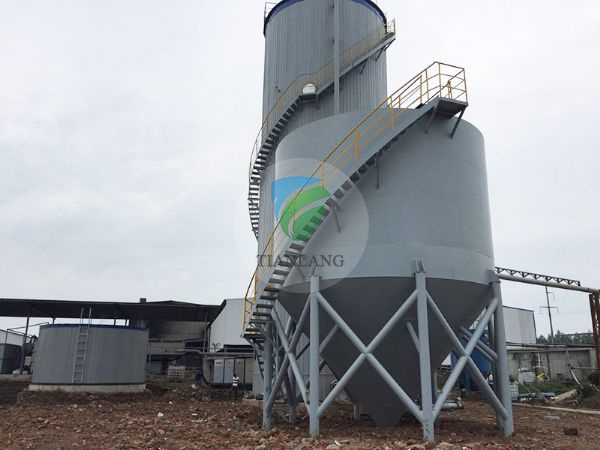
Product name:Ic anaerobic reactor
Details
The TLIC (internal circulation) reactor is a new generation of high-efficiency anaerobic reactor. The wastewater is in the reactor from bottom to top, the pollutants are adsorbed and degraded by the bacteria, and the purified water flows out from the upper part of the reactor.
The TLIC anaerobic reactor is developed on the basis of the UASB reactor. Like the UASB reactor, the IC anaerobic reactor can form high bioactive anaerobic granular sludge, but the difference is the inside of the reactor. It is also possible to form a fluid circulation, which is formed as follows
The influent water enters a reaction zone from the bottom and mixes with the granular sludge. Most of the organic matter is degraded here, and a large amount of biogas is generated. The biogas is collected by the lower three-phase separator. Due to the large gas production volume and the liquid phase rising flow rate, the biogas, waste water and The sludge can not be separated well, forming a mixed fluid of gas, solid and liquid. Moreover, since the pressure in the gas-liquid separator is less than the pressure in the reaction zone, the mixed liquid enters the gas-liquid separator under the entrainment of the biogas, and most of the biogas is discharged from the mixed liquid, and the density of the mixed fluid becomes large, and the gravity acts. It is returned to the bottom of a reaction zone through a reflux pipe, mixed with waste water and granular sludge in a reaction zone, thereby achieving circulation of the fluid inside the reactor. The inner circulation greatly increases the liquid phase rise velocity of a reaction zone, which can reach 10-20 m/h.
The liquid phase rise flow rate of the second reaction zone is less than a reaction zone, generally only 2 to 10 m/h. In addition to continuing the biological reaction, this area also acts as a buffer between the reaction zone and the sedimentation zone due to the decrease in the rising flow rate, which plays an important role in solving the running mud and ensuring the quality of the effluent after sedimentation.
TLIC anaerobic reactor has the following advantages compared with UASB reactor
1 organic load is high. The internal circulation increases the liquid phase rising flow rate in a reaction zone, and strengthens the mass transfer between the organic matter and the granular sludge in the wastewater, so that the organic load of the IC anaerobic reactor is much higher than that of the conventional UASB reactor.
2 Strong anti-impact load capacity and good running stability. The formation of the inner circulation makes the actual water volume in the reaction zone of the TLIC anaerobic reactor much larger than the influent water volume. For example, when treating wastewater equivalent to the concentration of beer wastewater, the circulating flow rate can reach 2 to 3 times of the influent flow rate; When the wastewater is used, the circulating flow rate can reach 10 to 20 times. The circulating water dilutes the influent water, improves the reactor's anti-shock load capacity and acid-base adjustment ability, and the second reaction zone continues to be processed, and the operation is generally stable.
3 Infrastructure investment province, with a small footprint. When the same wastewater is treated, the volumetric load of the TLIC anaerobic reactor is about 4 times that of the conventional UASB, so the required volume is only 1/4 to 1/3 of the UASB, saving capital investment. In addition, the IC anaerobic reactor adopts a thin and tall tower shape with a height to diameter ratio of 4 to 8, so the floor space is small, and it is especially suitable for enterprises with tight use.
4 energy saving. The internal circulation of the TLIC anaerobic reactor is realized by the lifting of biogas, which does not require external power and saves the energy of recirculation.
It has been applied to large starch plants, alcohol wastewater, biopharmaceutical plants, pesticide wastewater treatment systems.





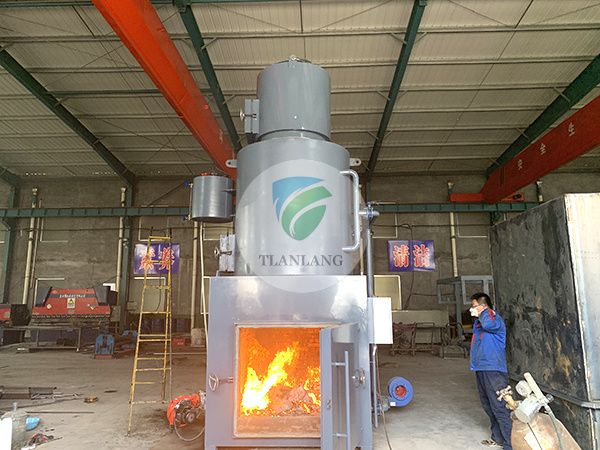
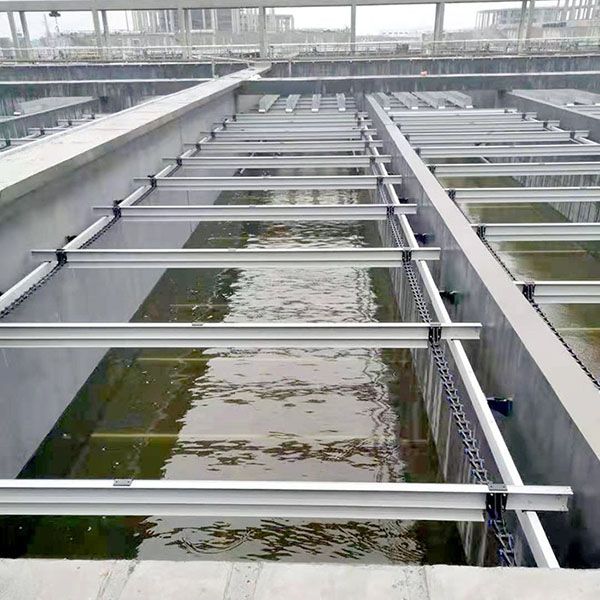
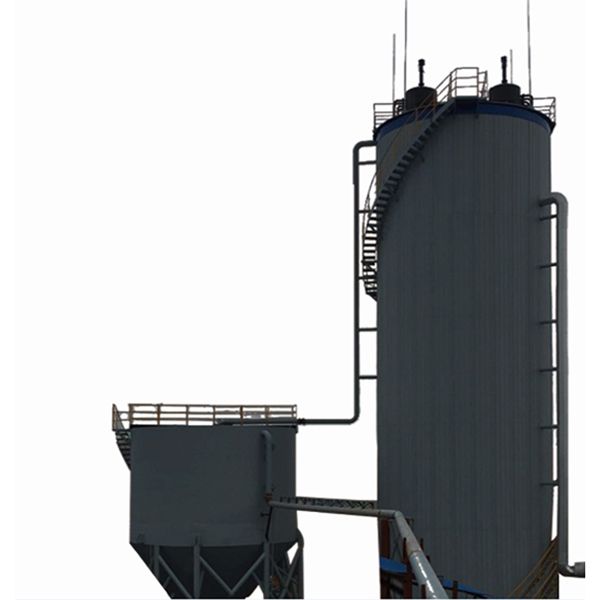
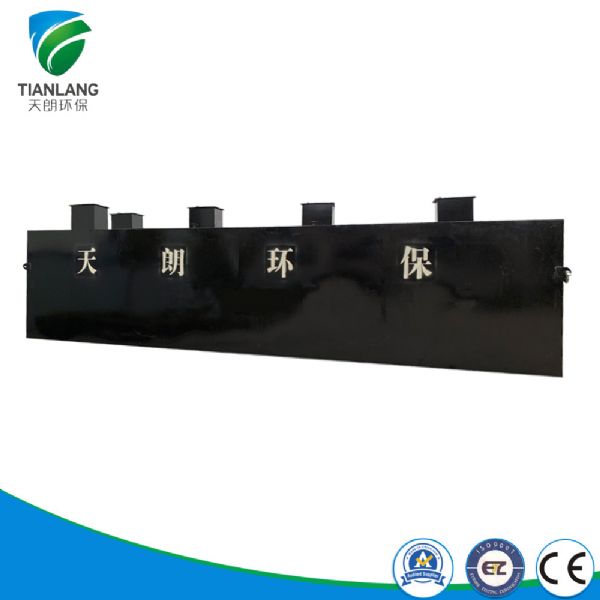
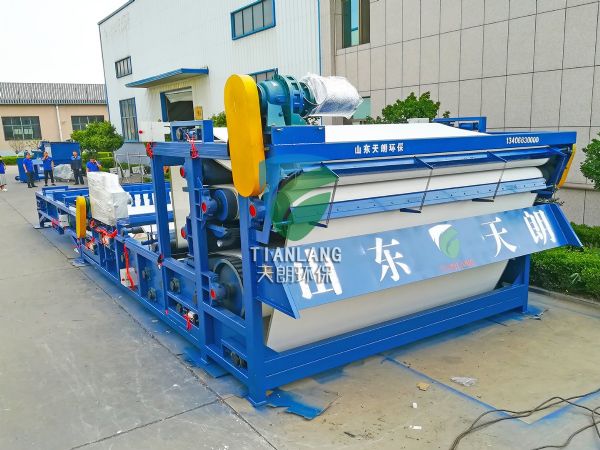
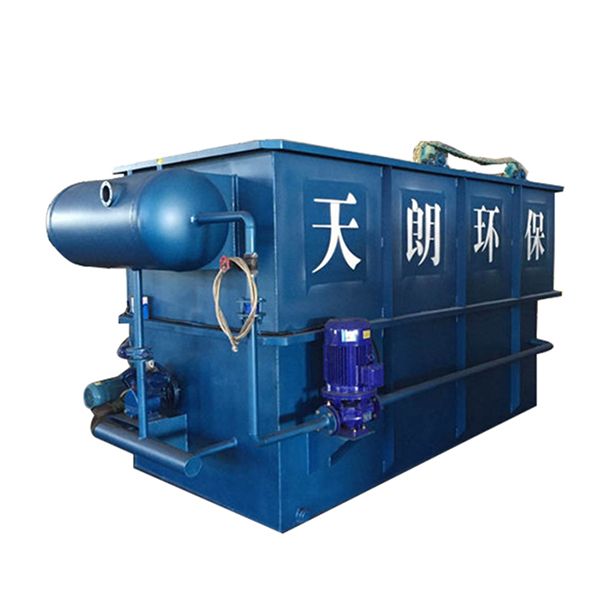
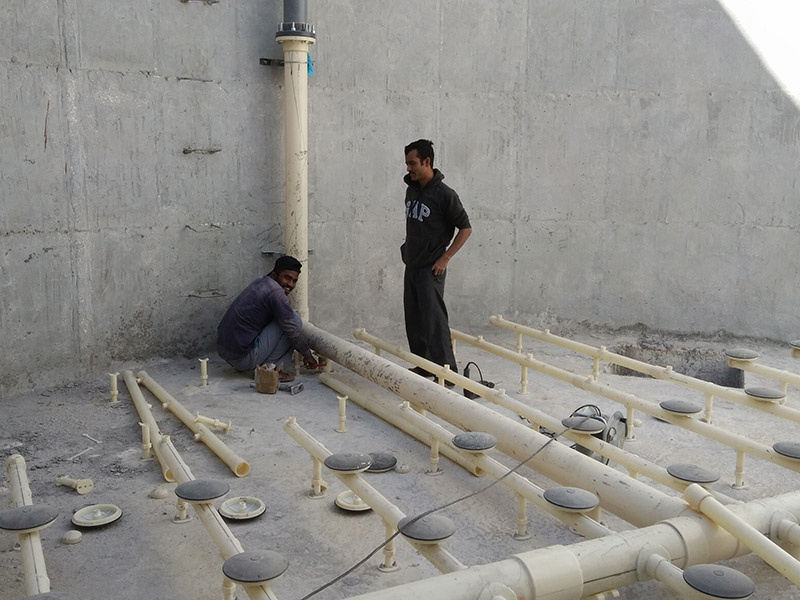
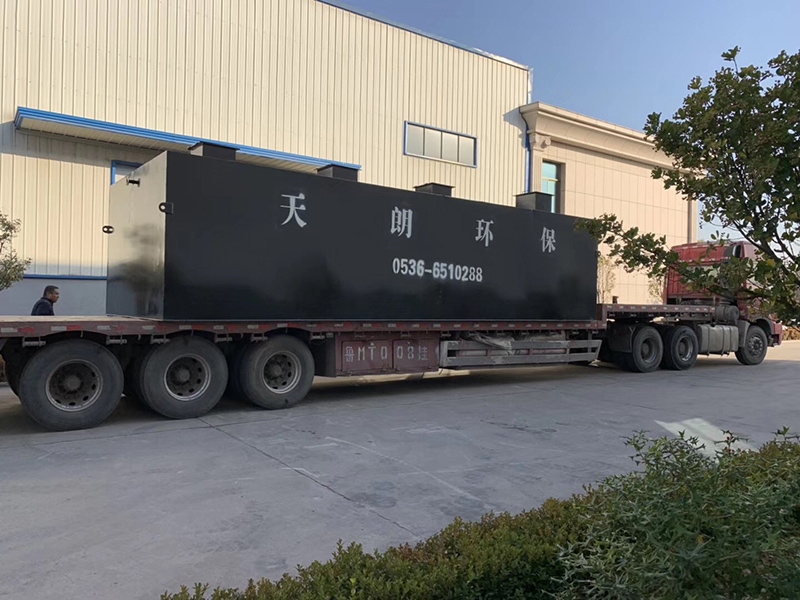

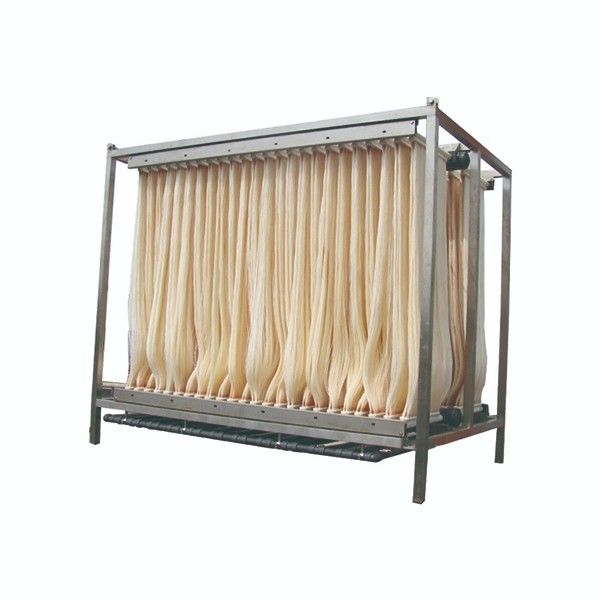
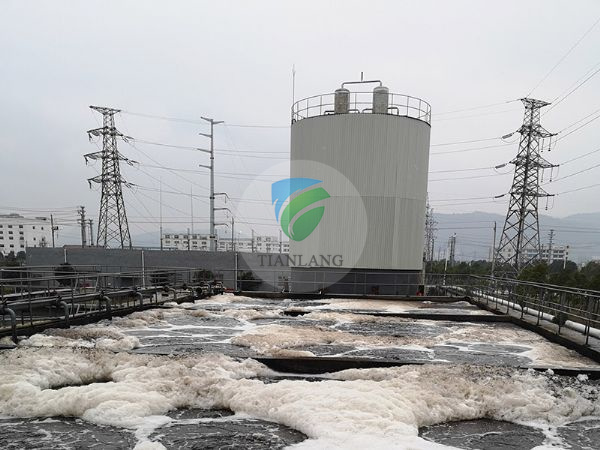
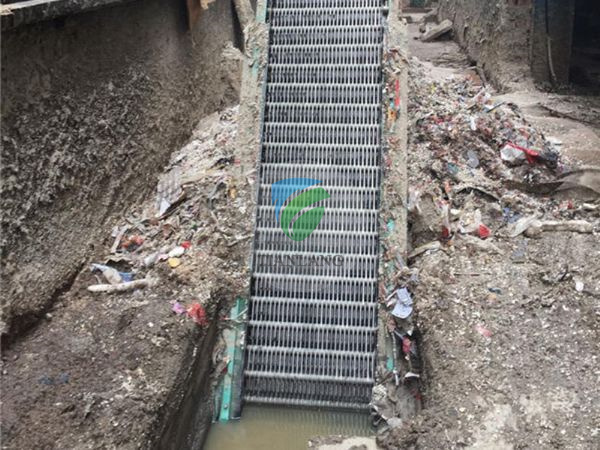






 Tel
Tel Home
Home Products
Products